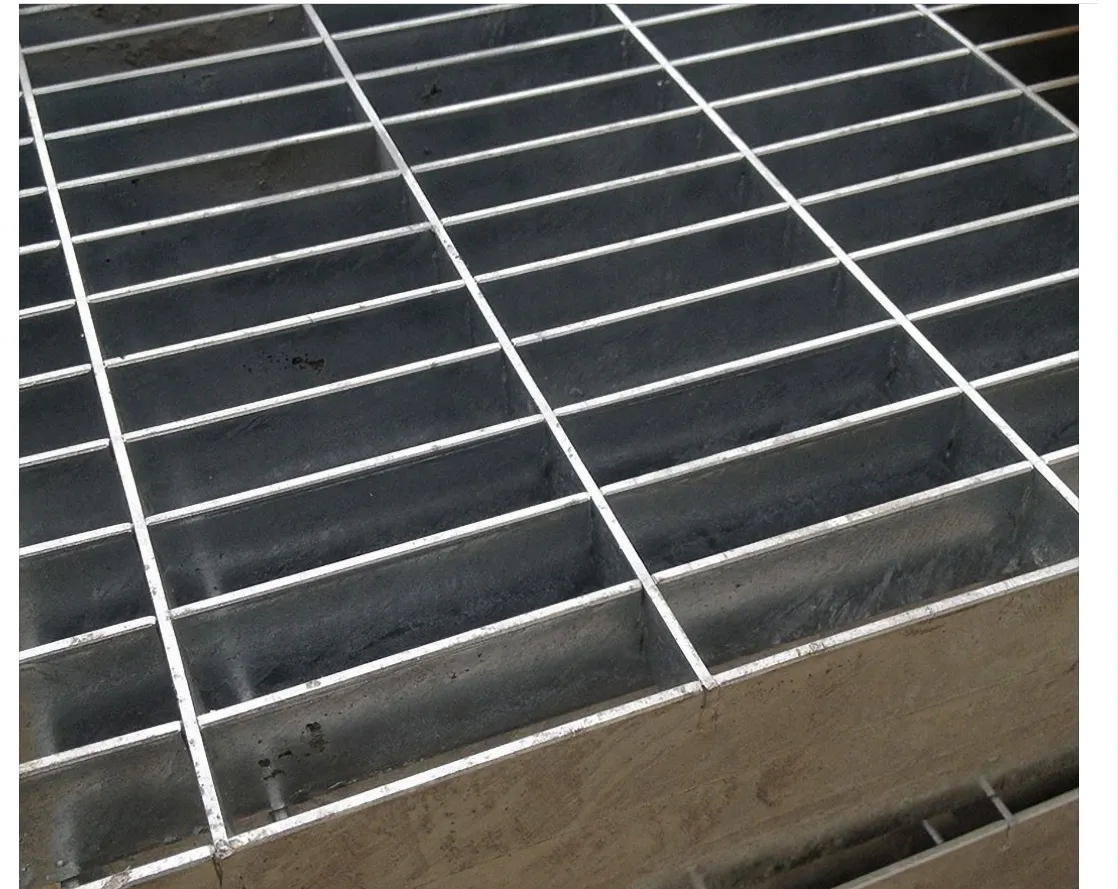The Concept and Importance of Noise-Proof Fences
In our modern world, noise pollution has become an increasingly prevalent problem, affecting our health, work efficiency, and overall quality of life. One innovative solution to this challenge is the implementation of noise-proof fences, which serve not just as physical barriers but also as sound attenuators. By understanding the principles and benefits of noise-proof fences, we can appreciate their role in mitigating the impacts of noise pollution in both residential and commercial areas.
What are Noise-Proof Fences?
Noise-proof fences, often referred to as acoustical barriers, are specially designed structures that block or absorb sound waves from reaching specific environments. These fences can be made from various materials, including concrete, wood, and metal, but they typically incorporate sound-absorbing elements such as foam or other dense materials that are engineered to reduce sound transmission. The design and height of these fences depend on several factors, including the source of the noise, the distance from noise-generating activities, and local zoning laws.
How Do Noise-Proof Fences Work?
The effectiveness of a noise-proof fence relies on its mass, thickness, and height. Sound waves can travel through the air, and when they encounter a barrier, some of the sound energy gets absorbed, while the rest is reflected or transmitted through. A well-constructed noise-proof fence minimizes the amount of sound that can pass through to the other side, effectively creating a quieter environment.
For optimal results, noise-proof fences should be at least 6 to 8 feet high, as this height prevents sound from traveling over the top. The material used is also critical; thicker and denser materials are generally more effective. Additionally, plants or other landscaping features can enhance sound absorption, creating a more aesthetically pleasing environment while further reducing noise levels.
noise proof fence

Benefits of Noise-Proof Fences
Noise-proof fences offer a multitude of benefits for both residential and commercial spaces. One of the most significant advantages is the substantial reduction in noise levels, which can lead to improved mental well-being and increased productivity. Research has shown that excessive noise can lead to stress, sleep disturbances, and even health issues over time. By blocking out intrusive sounds from roads, railways, or industrial sites, noise-proof fences provide a peaceful environment conducive to relaxation and focus.
For residential areas near busy roads or commercial zones, noise-proof fences can significantly enhance property value. Homeowners are increasingly aware of the importance of a serene living space, and a noise-proof fence can be an attractive feature that sets a property apart. Similarly, businesses located in high-traffic areas can benefit by creating a more tranquil atmosphere for work, which can lead to improved employee morale and productivity.
Moreover, noise-proof fences can also contribute to urban planning and development. As cities grow and expand, the demand for residential and commercial properties in quieter environments rises. Integrating noise-proof fencing into new developments can ensure that residents and businesses enjoy minimal disruption from surrounding noise sources.
Conclusion
In summary, noise-proof fences play a vital role in mitigating noise pollution, thereby enhancing the quality of life for individuals in both residential and commercial settings. By absorbing or deflecting sound waves, these structures provide a buffer against the intrusive sounds of urban living. As awareness of environmental issues continues to grow, innovative solutions like noise-proof fences will become increasingly important in our quest for healthier, more peaceful communities. Whether it’s through improved material technology or clever design, the future of noise mitigation is bright, and noise-proof fences are leading the way.
-
Why Galvanized Trench Cover Steel Grating Resists Corrosion
NewsJul.10,2025
-
The Versatility and Strength of Stainless Expanded Metal Mesh
NewsJul.10,2025
-
Load Calculations in Steel Grating Platforms
NewsJul.10,2025
-
Keeping Pets and Kids Safe with Chicken Wire Deck Railing
NewsJul.10,2025
-
Hole Diameter and Pitch for Round Perforated Metal Sheets
NewsJul.10,2025
-
Aluminium Diamond Mesh in Modern Architecture
NewsJul.10,2025
Subscribe now!
Stay up to date with the latest on Fry Steeland industry news.

